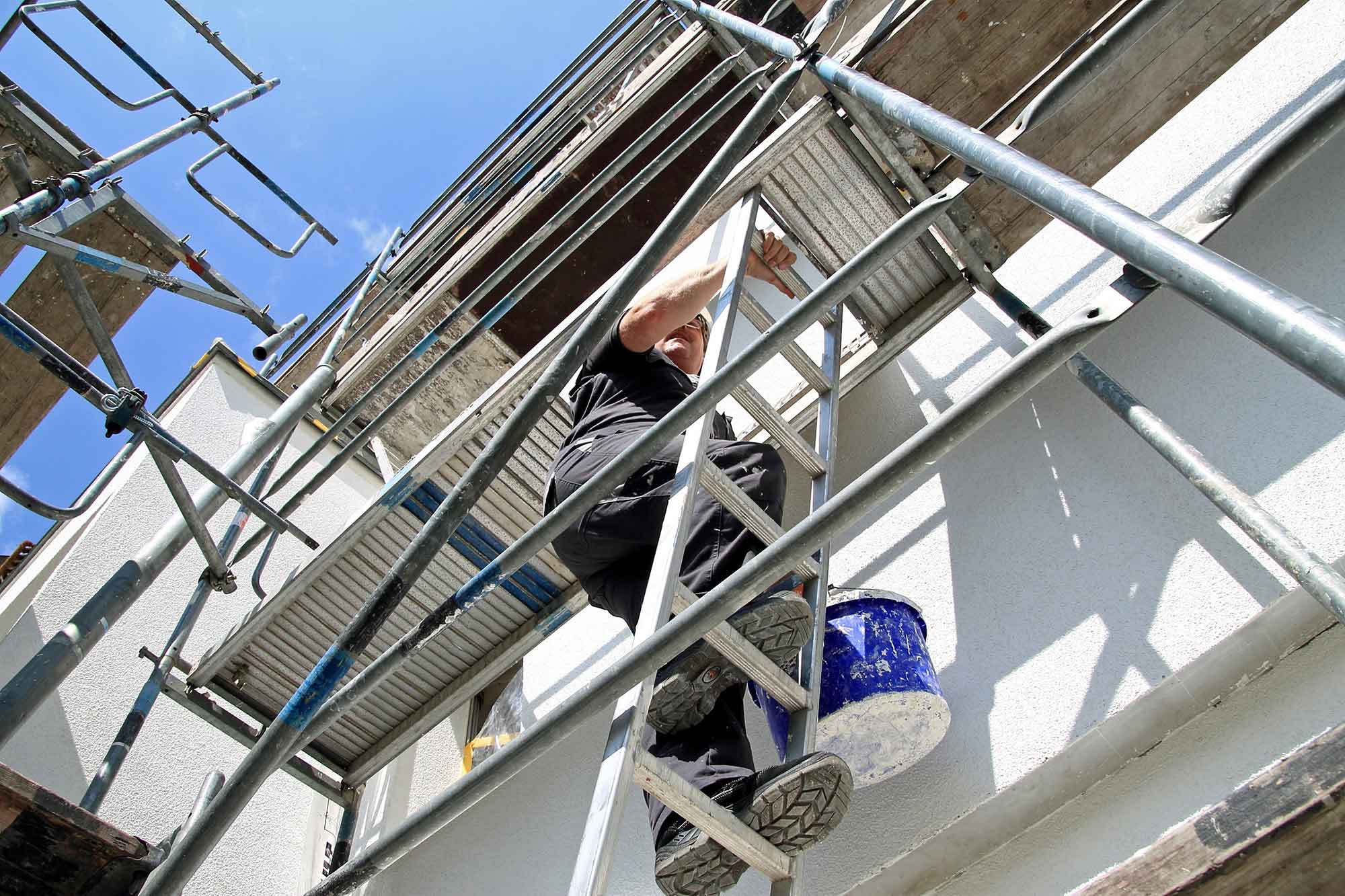Market & Figures / 21-04-2023
It’s no wonder that, in view of the ruinous plans, associations and consumer protection groups are going on the barricades – but also politicians in other EU countries, and even the German government, which has just prescribed German homeowners another cost hammer with the heat pump initiative.

Green deal – bad deal
The financial and social dimensions of the project are staggering. Millions of homeowners will have to carry out a thorough energy-saving renovation of their buildings in the next few years – whether they want to or not: replacing windows, putting new solar panels on the roof and adding more insulation to the attic and facade. Houses and apartments in the worst energy classes in the country are the first to be tackled. So it is precisely those homeowners whose costs are likely to be particularly high because of the need to catch up that will have to start. They must achieve a higher energy standard by the end of the decade. Possibly in parallel with the installation of a new heating system.
The project is part of the so-called Green Deal, one of the pet projects of EU Commission President Ursula von der Leyen. But what is supposed to achieve climate neutrality in less than three decades is turning into a bad deal for homeowners. Anyone who thought their property had been paid off and the rental calculation was in place now finds themselves deceived. A second time within weeks, because with the quasi-heat pump obligation, as is well known, another coercive measure is in the offing.
Ruinous sums
Owners can see the energy class of their house in the energy certificate. If none is available, owners can commission such a pass from an energy consultant – at a cost of several hundred euros. How expensive the EU refurbishment obligation will then be for multi-family houses can only be estimated. In any case it becomes violent: With the approximately 2.3 million one- and two-family houses as well as 100,000 multi-family houses, which must reorganize by end of the decade, according to working group for up-to-date building (ARGE) approximately 17.2 billion euro result. The chairman of the owners’ association Haus & Grund Germany, Kai Warnecke, expects costs of 1,000 to 1,500 euros per square meter. At the very least, there are to be subsidies. Details on this, however, are still unclear. In Germany, renovators already receive a bonus from KfW – if their building is among the worst 25 % of German properties. According to KfW, the entire conversion could cost a total of 254 billion euros.
And as is often the case, it’s not just homeowners who have to bleed. Landlords can pass the costs on to tenants – as an increase in annual rent of 8 % of the modernization costs. At 150,000 euros, that can be an additional 12,000 euros – not as cold rent. However, the rent may only increase by a maximum of three euros per square meter within six years due to modernization. Landlords will thus be stuck with the bulk of the costs imposed on them.
Social explosives
It is not only consumer protectionists and lobbying associations who are worried that owners and tenants will be overburdened by the refurbishment costs. The renowned political scientist Prof. Jürgen W. Falter from the University of Mainz even sees “social explosives,” especially among those 14 % of households that spend more than 40 % of their disposable income on housing. Even the German government has voiced opposition. Federal Construction Minister Klara Geywitz told Deutschlandfunk radio: “Personally, I don’t think it’s compatible with the Basic Law to make renovation compulsory by law.” That would be “an absolutely harsh encroachment on the property rights of homeowners” and “disproportionate.” There was also a lack of understanding in the neighboring country: Austria’s head of government Karl Nehammer described the plans as “completely unrealistic”.

Total economic loss
According to ARGE data, about 51 % or 7.1 million owner-occupied homes fell into energy efficiency classes E to H (according to German energy classifications, which differ slightly from the EU) in 2020. For owner-occupied dwellings, 32 % or one million dwellings, and for rented dwellings, 31 % or 6.1 million dwelling units, fall into classes E to H. These buildings in particular are therefore subject to the planned mandatory refurbishment by 2033, with an above-average number of them in eastern Germany.
If the EU plans become reality, quite a few homeowners will probably come to the conclusion, after making a rough estimate, that renovation is not financially worthwhile. They will then be threatened with economic total loss: “For many buildings in energy classes F and G, renovation will not be an option, and replacement will cost at least 1,200 billion euros. For countless private owners, the EU will thus end the dream of owning their own four walls,” said Haus & Grund President Kai Warnecke a year and a half ago at the first presentation of the EU shock project. Warnecke expressed strong doubts as to whether the minimum energy requirements could even be technically implemented in many buildings and whether sufficient craft resources were available. He said the targets would be almost impossible to achieve in the short timeframes. “This is politics from cloud cuckoo land. It is neither affordable nor feasible,” Warnecke is now scolding on the occasion of the vote.
The EU now wants to find a compromise with the member states – if the Buildings Directive is at all in conformity with the law. Even German Justice Minister Marco Buschmann has doubts about the legal feasibility of the directive: “I think it’s a hard-to-justify encroachment on property rights, which are also protected by the EU’s Charter of Fundamental Rights.” So there is still hope that the EU’s wrecking ball will fly past homeowners.

